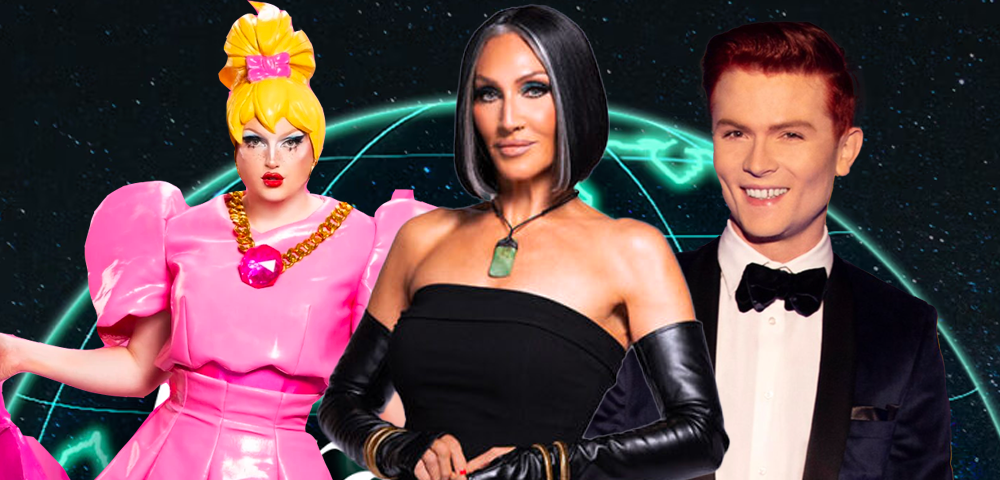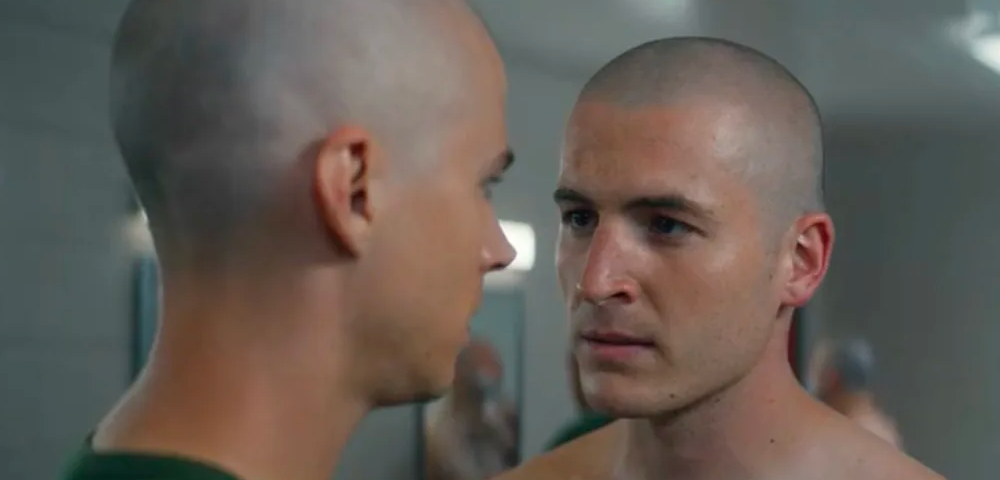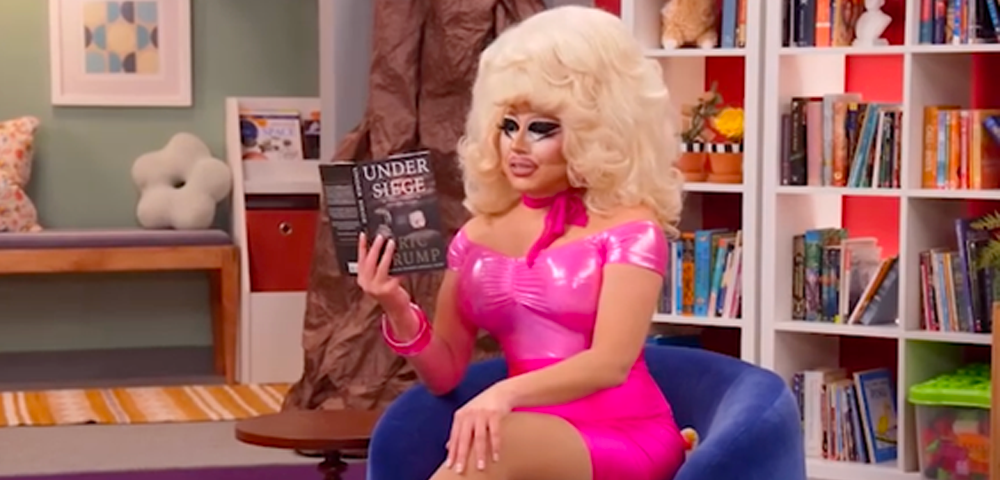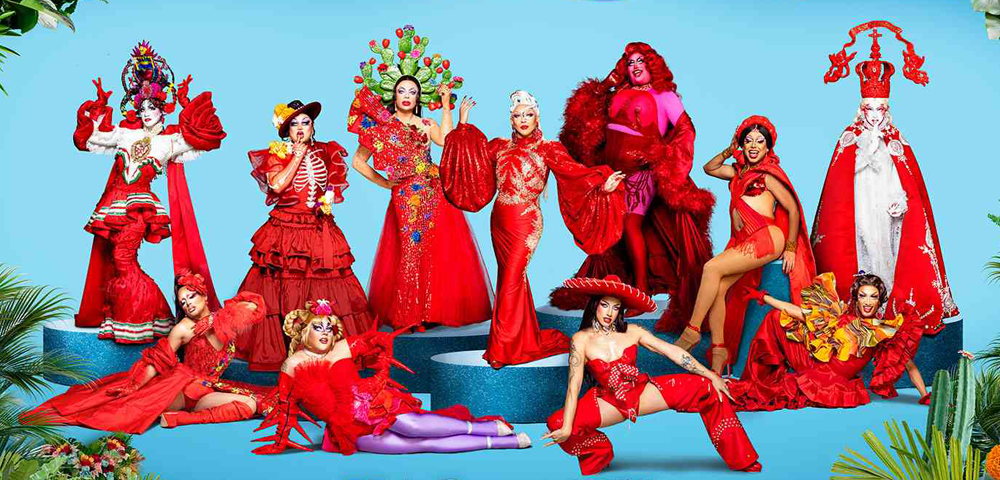
Singer Fears Losing Voice Ahead Of Gender Transition
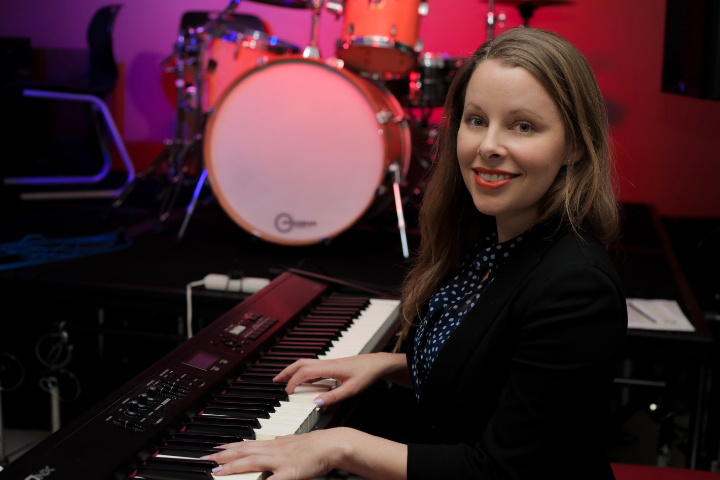
“I don’t exactly love my current voice, but it’s able to do things that I know I won’t be able to do once I’m on testosterone” said trans man Alex who has been a singing performer for a considerable amount of time.
Alex is early on in his transition and has not started on testosterone as part of his Hormone Replacement Therapy (HRT) , but there are some changes weighing on his mind due to the change in the voice, which may affect his range.
“A lot of my influences are men with high voices (Geddy Lee, Roger Hodgson, Robert Plant, etc) so it’s scary to think I’ll have to work up to that again, if I ever want to get back to that.Losing my high range is a trade off I’m very much willing to make though for all the benefits I want from testosterone.”
“I fully intend to go back to a vocal coach once I start testosterone,” said Alex.
Over the past decade interest is increasing in researching the voice problems and therapy for transgender persons.
Singing teacher and lecturer Nadine Manion is investigating vocal technique and care of the transgender singing voice in the applied voice studio as part of the Churchill Fellowship for 2020 .
“As singing teachers we should be able to work with all members of our community, and I believe we owe it to the transgender community for this not to be a specialist area,” said Manion recently at the Australian National Association Of The Teachers Of Singing (ANATS) National Conference on how to create a trans-friendly voice studio.
“Every week I receive enquiries from transgender people looking to pursue vocal training, so I think that shows the level of interest and need for further research.”
“Through the Fellowship I hope to speak to experts in the transgender singing voice from around the world and share this knowledge with singing teachers across Australia,” said Manion.
The COVID-19 pandemic has halted the travel plans, but Manion said that she was thankful for the opportunities the Fellowship offers for much-needed research. “I’m so grateful to be the recipient of a Churchill Fellowship and be given the opportunity to pursue further education in this area. While travel currently isn’t possible I’m really looking forward to the time when I can get started,” said Marion.
The Churchill Fellowships were established in 1965 to honour the memory of Sir Winston Churchill, and to fulfil his wish for people from all walks of life to travel the world to gain new knowledge and insights.
This year’s Churchill Fellowships have been awarded to people from cities and towns across Australia including 25 from NSW, 26 from Victoria, 16 from Queensland, 15 from Western Australia, 6 from the ACT, 9 from South Australia, 9 from Tasmania and 6 from the Northern Territory. All 112 Churchill Fellowship recipients will, in time, be able to gain the valuable international knowledge and experience they need to advance their projects and create new opportunities in Australia.




